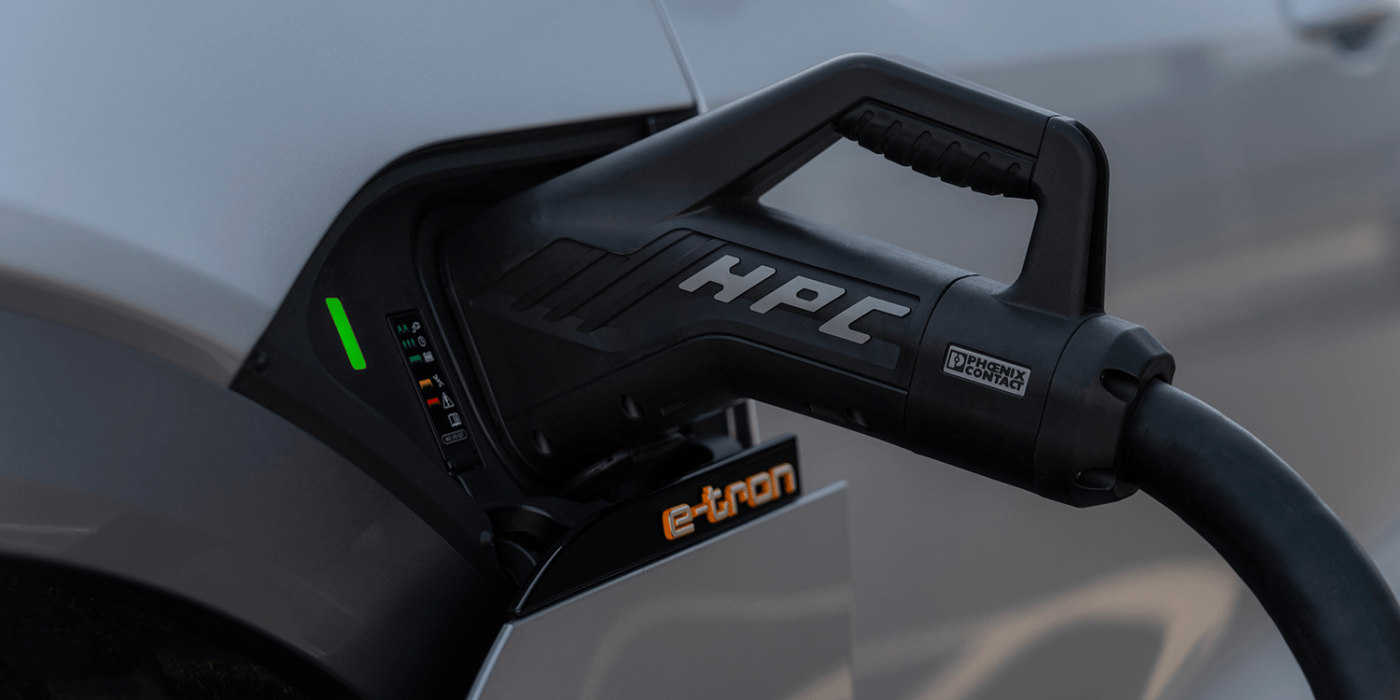Germany cuts the EV purchase premium Umweltbonus with immediate effect
“We find the funding freeze on 17 December, which was announced at short notice on Saturday, extremely unfortunate,” the three deputy leaders of the parliamentary group Verena Hubertz, Detlef Müller and Matthias Miersch told the German Press Agency (dpa). They all belong to the coalition party SPD. They called Federal Economics Minister Robert Habeck (Greens) to “organise a more reliable transition.”
Cancelling the environmental bonus (Umweltbonus), which the responsible Federal Office of Economics and Export Control (BAFA) confirmed online, was “not an easy decision”, said a spokesperson of the Federal Ministry of Economics and Climate Protection (BMWK) led by the Green party. He explains that it was “a direct consequence of the ruling by the Federal Constitutional Court and the resulting budget consolidation”.
Germany’s high court had ruled the appropriation of funds – initially set aside to fight the Covid pandemic – for climate protection projects unlawful in mid-November, following a lawsuit brought about by the conservative opposition party CDU. The government coalition of SPD, Greens and the liberal FDP thus had to cut spending, and the Climate and Transformation Fund (KTF) is at the centre of these cuts. According to the government, the KTF will still be “the central instrument for climate-friendly transformation.” However, the budget will be significantly reduced – by twelve billion euros in 2024 and 45 billion euros by 2027. The total volume of the fund will then be around 160 billion euros.
The fact that the environmental bonus would fall victim to the cuts had already become clear on 14 December. “We will phase out the environmental bonus, i.e. the subsidy for EVs – sooner,” said German Economics Minister Robert Habeck at a press conference with Federal Chancellor Olaf Scholz and Finance Minister Christian Lindner that Wednesday. “It pains me, but that is the price we must pay for maintaining the central components, the pillars of the Climate and Transformation Fund.”
Initially, the purchase premium would continue throughout 2024. Many understood Habeck’s remarks to mean that the government would reduce the amount available for subsidies – not that it would be cut within days.
On the short-term expiry of the funding programme, the spokesperson said there was” no longer enough money available to consider applications received after Sunday”. The BMWK added that the decision to end the funding programme at short notice had been made “together with the Federal Chancellery”.
It stands to reason that the sudden cut was also to avoid a run to register newly bought electric cars. As the rules stand, only applications received by midnight last Sunday will be processed in the order in which they are received. Grants that have already been approved will be paid out.
“This is an incredible breach of trust for tens of thousands of customers who have ordered their e-vehicles on the assumption that the subsidy will be paid,” said Arne Joswig, President of the German Association of the Motor Trade (ZDK). “The least we could do would be to let the environmental bonus run until the end of the year and, at the same time, in coordination with the federal states and local authorities, ensure that registration offices remain open until 31 December 2023 so that registrations can be made,” he added.
We are waiting to hear further reactions from the industry. It is expected that carmakers will offer compensation to clients, at least those offering cars with a net list price of up to 45,000 euros, which used to be eligible for the Umweltbonus. Continuing to sell electric vehicles will remain crucial with the EU guidelines for fleet emissions and fuel consumption coming into force in 2025, meaning more electric cars will need to hit the road to offset the CO2 emissions of combustion engines.
spiegel.de, spiegel.de, msn.com (all in German)





0 Comments